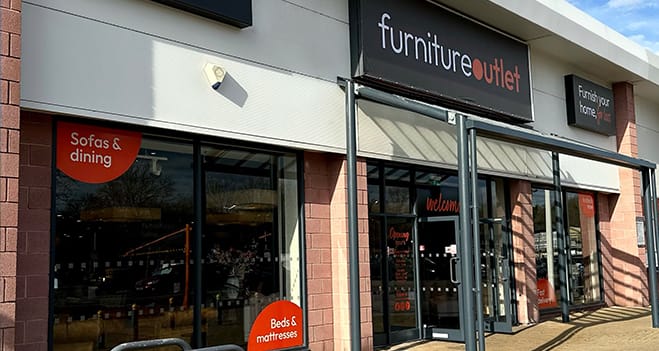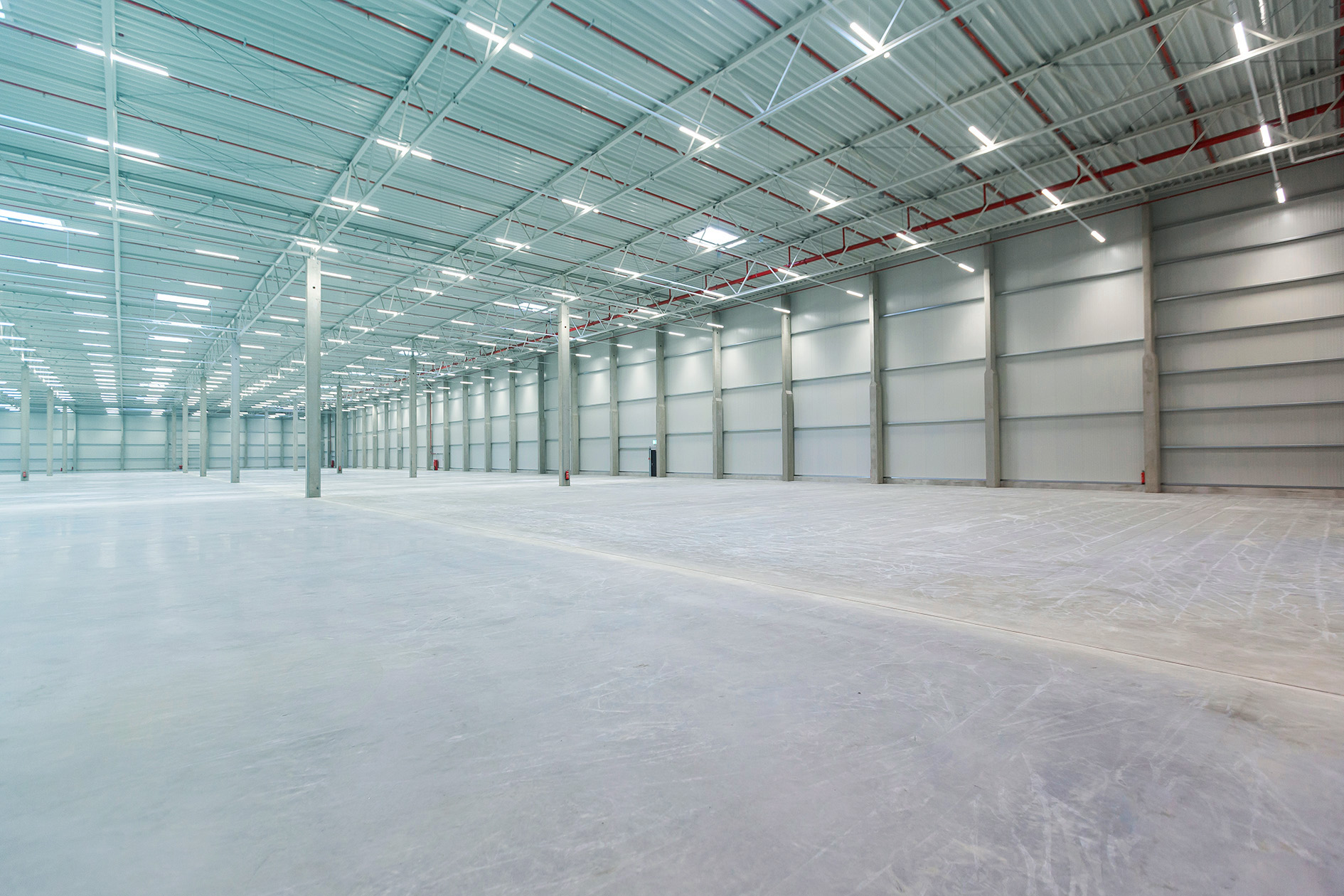Retail space simply means any physical location where businesses can sell goods or services directly to consumers. These spaces can vary significantly in size and type, from small independent shops to large units within shopping centres. When selecting your retail space, it is essential to have a thorough understanding of your business’s unique needs. This will ensure that you select a space that not only meets your current needs but also accommodates future growth and expansion. We’re exploring everything you need to know before you commit to your new retail space.
The Importance of Location in Retail: Choosing the Right Spot
To ensure the success of your business, prioritise selecting a location that aligns with your brand and target demographic. High-traffic areas, such as busy shopping streets or locations near popular attractions, are ideal because they attract a greater number of customers and can significantly impact sales. Although, if you are, what is referred as a destination retailer, you might be able to locate in a quieter area, as your customers will come to find you.
If possible, conduct thorough market research to evaluate potential locations, considering factors such as local demographics, competition, and accessibility. Surveys or focus groups can provide valuable insights into customer preferences and consumer behaviours in that area, helping you assess whether a location meets your business needs and objectives.
Additionally, consider the area’s potential for future growth. New developments, such as transport links or residential projects, can increase foot traffic and expand your customer base. A location that may not be ideal today could become a hotspot in the near future, so it is crucial to think long-term when selecting your retail space.
Calculating Costs: Rent, Business Rates, and Hidden Expenses
When budgeting for your retail space, looking beyond just the rent is essential. While the monthly rent is the largest expense, other costs can accumulate quickly, impacting your overall budgeting. Business rates and local taxes on commercial properties should be factored into your financial calculations. These rates vary by location and can be influenced by the size and type of your retail space.
In addition to rent and business rates, be prepared for hidden expenses that may arise during your tenancy. For instance, utility costs—such as electricity, water, and heating—should be included in your budget. You might also encounter maintenance fees, insurance, and costs associated with fit-out or renovations. At The Lease Negotiator, we advise creating a comprehensive budget encompassing all potential expenses to ensure you’re not caught out.
Struggling to Find the Perfect Commercial Property?
Let us simplify the process and help you find the space that fits your vision.
Negotiating Your Lease: Tips for Securing the Best Deal
Negotiating your lease is a critical step in renting retail space. It’s essential to approach this phase clearly and understand your needs and the market conditions. Start by researching comparable rental prices to establish a negotiation baseline. This knowledge will empower you to negotiate effectively and secure a fair deal.
When negotiating, consider the entire package rather than just the rent amount. You might negotiate for more favourable terms, such as a longer lease duration, reduced rent escalations, or allowances for fit-out costs. Be open to compromise, but be firm on non-negotiable key points for your business.
Additionally, don’t hesitate to request inclusions that could enhance your experience in the space. For example, you could negotiate for maintenance services or improvements to the property that would benefit your business. Remember, the goal is to create a mutually beneficial agreement supporting your business and the landlord’s interests.
Legal Considerations: Seeking Professional Advice
Going through the legal aspects of renting retail space can be complex, making it crucial to seek professional advice. Engaging a commercial property expert can help you understand the legal ramifications of your lease. At The Lease Negotiator, we can review the lease terms to ensure that your rights are protected and that you are not agreeing to overly burdensome conditions. Better than that, we can negotiate your entire lease agreement on your behalf. This way, we take on the stress and get you the best deal possible.
Understanding Your Landlord’s Responsibilities
As a tenant, it’s essential to understand your landlord’s responsibilities as outlined in the lease agreement. Typically, landlords are responsible for maintaining the structural integrity of the building and ensuring that essential services such as heating, plumbing, and electrical systems are functioning correctly. Familiarising yourself with these responsibilities will help you identify which issues you should address directly with your landlord.
In many cases, landlords are also responsible for common areas or shared facilities, such as restrooms and hallways in multi-tenant buildings. Understanding these aspects will enable you to set clear expectations and foster effective communication with your landlord. If issues arise during your tenancy, you will know what to discuss and how to approach the situation professionally.

Future-Proofing Your Retail Space: Flexibility and Growth Options
When renting retail space, it’s crucial to consider long-term flexibility and growth options. Your space may need to adapt to changing needs as your business evolves. Look for leases that offer flexibility, such as options for renewal or expansion within the same property. This foresight can save you time and resources in the future.
Another aspect of future-proofing your space is considering the potential for modifications. As your business grows, you may want to change the layout or design of your retail space. Ensure that your lease agreement allows for reasonable alterations, as these can enhance your operational efficiency and customer experience.
Lastly, monitor market trends that may affect your retail space. Changes in consumer behaviour, technological advancements, and retail landscape shifts can all impact your business. You can position your retail space for long-term success and growth by staying informed and adaptable.
Common Pitfalls to Avoid When Renting Retail Space
Renting retail space comes with challenges, and being aware of common pitfalls can help you navigate the process more effectively. One prevalent mistake is inadequate research on the location and market. This oversight can lead to poor sales and financial strain. Ensure you thoroughly evaluate potential locations before committing to a lease.
Another common pitfall is neglecting to read the lease agreement carefully. Many tenants rush through the paperwork without understanding the implications of specific clauses. Take the time to review the lease in detail and seek professional advice if needed. This diligence will help you avoid getting trapped in unfavourable terms that could harm your business.
Conclusion: Making an Informed Decision for Your Business
Renting retail space is a significant decision that can shape the future of your business. You can make informed choices that align with your business objectives by understanding the various aspects involved—from the type of space you need to negotiating lease terms. Remember to consider location, costs, and the legal implications of your lease to ensure a smooth transition into your new space.
Be proactive in seeking professional advice and conducting thorough research. This diligence will empower you to confidently navigate the complexities of renting retail space. By preparing adequately and understanding your obligations, you will set your business up for success and create an environment that attracts customers.
If you’re ready to take the next step in your retail journey and want to explore available spaces, contact The Lease Negotiator today for expert guidance and support in finding the perfect retail space for your business.
Book Your Free 20-Minute Consultation
Whether you’re looking to secure the perfect lease or close a challenging deal, this free consultation could be the game-changer you need.
Fill out the form to schedule your call and take the first step toward a successful outcome.



